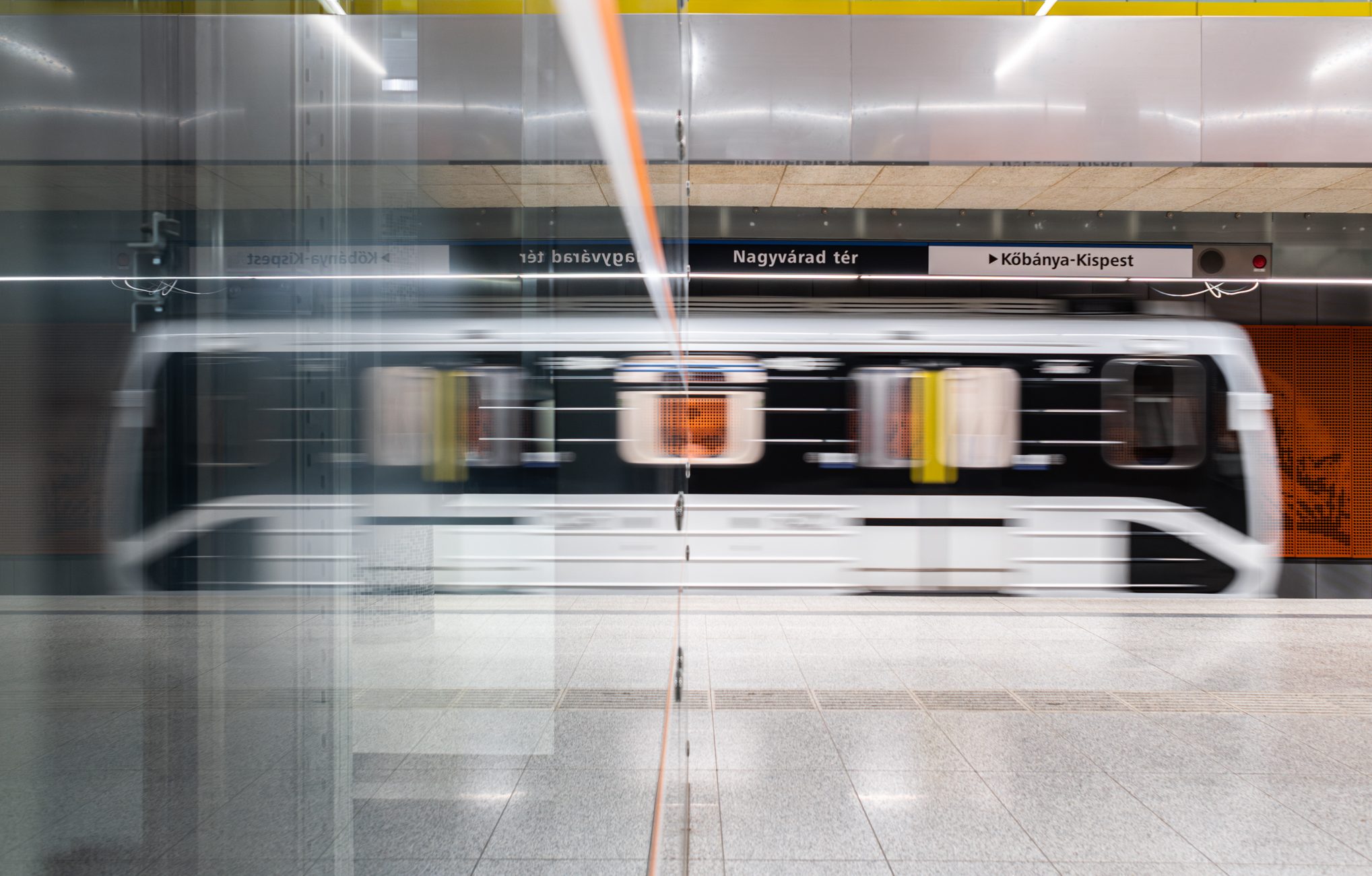Smaller works are still ongoing on parts of the track. Continue reading

Despite the unfavorable relationship between the two sides, the government stands up for and helps Budapest in times of need. The best example of this is the latest EU sanctions package, on which the Hungarian government was able to secure an exemption for the capital regarding the M3 metro line, reports Világgazdaság.
The economic site reported that the capital’s most important transport line, the recently renovated M3 metro, was in danger of becoming unserviceable. The railway wagons have been completely renewed thanks to the Russian company MWM Rt., but its supply of spare parts has been cut off due to the war in Ukraine and the sanctions against Russia.
Although MWM itself is not on the EU sanctions list, it manufactures products that the European Union has made impossible to import, meaning that the company cannot supply Hungary.
Newspaper Népszava recently reported that the Budapest Transit Company used up six months’ worth of previously delivered stock to replace worn or faulty parts on the metro line. It was known that these stocks were finite, and that in the worst case, the M3 metro could be closed down if they ran out. This would paralyze Budapest’s busiest metro line and cause great difficulties for daily commuters. As an emergency solution, the Budapest Metropolitan Government Office had earlier issued an exemption order allowing the necessary parts from the Russian company to arrive by early January this year. However, six months have passed since then and no new parts have arrived.
At the end of June, EU Member States voted unanimously for the 11th package of sanctions against Russia. Earlier, there were rumors that Hungary might veto it, but this did not happen. However, according to press reports, the Hungarian government may have asked for something in return for its vote, namely an exemption for the Budapest Transit Company and the M3 metro line.
According to unofficial reports,
during the negotiations on the 11th sanctions package, Hungary managed to get Russian goods and services needed for the maintenance and renovation of the Budapest metro line 3 removed from the list of goods and services subject to the import ban.”
In practice, this means that the Russian MWM is free to export the necessary products to Hungary, and can also provide financial and technical assistance for the M3 metro trains project.
The Ministry of Foreign Affairs and Trade confirmed to Világgazdaság that the government has acted on behalf of Budapest at the EU level. “Hungary always pursues the national interest in sanctions disputes. This is the case with the nuclear industry, natural gas, and oil supplies, and it was also the case in ensuring the operability of Budapest’s public transport system. We negotiated until a decision was reached that was favorable to Hungary,” the ministry said.
Featured photo via Facebook/BKK – Budapesti Közlekedési Központ